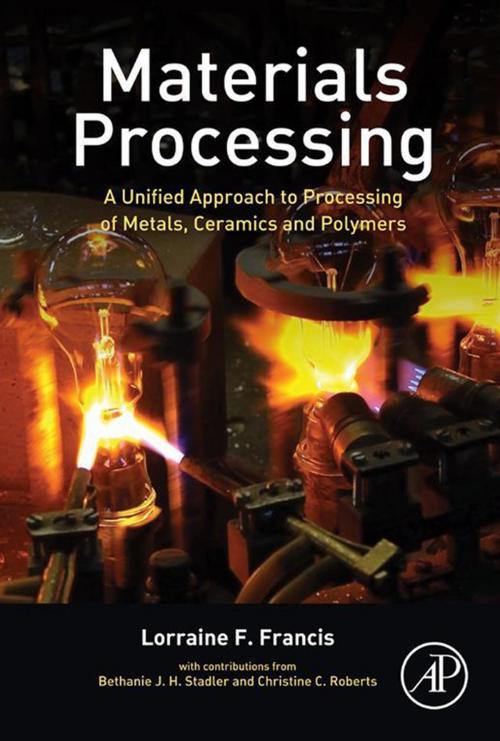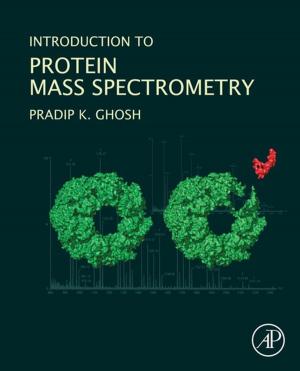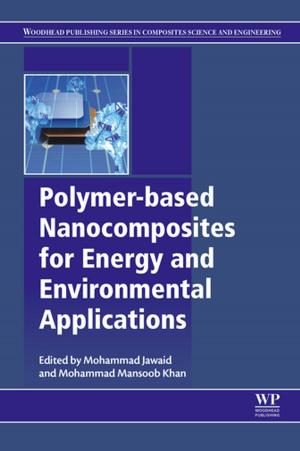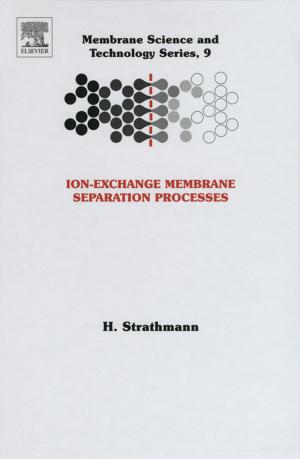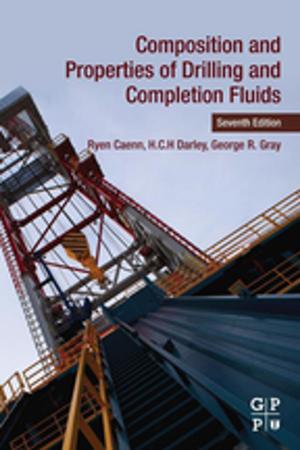Materials Processing
A Unified Approach to Processing of Metals, Ceramics and Polymers
Nonfiction, Science & Nature, Technology, Textiles & Polymers, Material Science| Author: | Lorraine F. Francis, Ph.D | ISBN: | 9780123851338 |
| Publisher: | Elsevier Science | Publication: | December 28, 2015 |
| Imprint: | Academic Press | Language: | English |
| Author: | Lorraine F. Francis, Ph.D |
| ISBN: | 9780123851338 |
| Publisher: | Elsevier Science |
| Publication: | December 28, 2015 |
| Imprint: | Academic Press |
| Language: | English |
Materials Processing is the first textbook to bring the fundamental concepts of materials processing together in a unified approach that highlights the overlap in scientific and engineering principles. It teaches students the key principles involved in the processing of engineering materials, specifically metals, ceramics and polymers, from starting or raw materials through to the final functional forms. Its self-contained approach is based on the state of matter most central to the shaping of the material: melt, solid, powder, dispersion and solution, and vapor. With this approach, students learn processing fundamentals and appreciate the similarities and differences between the materials classes.
The book uses a consistent nomenclature that allow for easier comparisons between various materials and processes. Emphasis is on fundamental principles that gives students a strong foundation for understanding processing and manufacturing methods. Development of connections between processing and structure builds on students’ existing knowledge of structure-property relationships. Examples of both standard and newer additive manufacturing methods throughout provide students with an overview of the methods that they will likely encounter in their careers.
This book is intended primarily for upper-level undergraduates and beginning graduate students in Materials Science and Engineering who are already schooled in the structure and properties of metals, ceramics and polymers, and are ready to apply their knowledge to materials processing. It will also appeal to students from other engineering disciplines who have completed an introductory materials science and engineering course.
- Coverage of metal, ceramic and polymer processing in a single text provides a self-contained approach and consistent nomenclature that allow for easier comparisons between various materials and processes
- Emphasis on fundamental principles gives students a strong foundation for understanding processing and manufacturing methods
- Development of connections between processing and structure builds on students’ existing knowledge of structure - property relationships
- Examples of both standard and newer additive manufacturing methods throughout provide students with an overview of the methods that they will likely encounter in their careers
Materials Processing is the first textbook to bring the fundamental concepts of materials processing together in a unified approach that highlights the overlap in scientific and engineering principles. It teaches students the key principles involved in the processing of engineering materials, specifically metals, ceramics and polymers, from starting or raw materials through to the final functional forms. Its self-contained approach is based on the state of matter most central to the shaping of the material: melt, solid, powder, dispersion and solution, and vapor. With this approach, students learn processing fundamentals and appreciate the similarities and differences between the materials classes.
The book uses a consistent nomenclature that allow for easier comparisons between various materials and processes. Emphasis is on fundamental principles that gives students a strong foundation for understanding processing and manufacturing methods. Development of connections between processing and structure builds on students’ existing knowledge of structure-property relationships. Examples of both standard and newer additive manufacturing methods throughout provide students with an overview of the methods that they will likely encounter in their careers.
This book is intended primarily for upper-level undergraduates and beginning graduate students in Materials Science and Engineering who are already schooled in the structure and properties of metals, ceramics and polymers, and are ready to apply their knowledge to materials processing. It will also appeal to students from other engineering disciplines who have completed an introductory materials science and engineering course.
- Coverage of metal, ceramic and polymer processing in a single text provides a self-contained approach and consistent nomenclature that allow for easier comparisons between various materials and processes
- Emphasis on fundamental principles gives students a strong foundation for understanding processing and manufacturing methods
- Development of connections between processing and structure builds on students’ existing knowledge of structure - property relationships
- Examples of both standard and newer additive manufacturing methods throughout provide students with an overview of the methods that they will likely encounter in their careers
